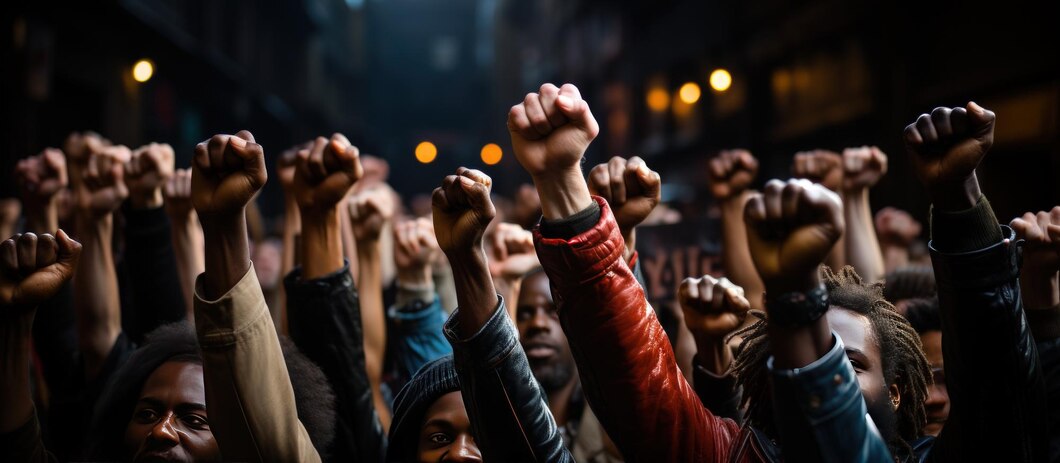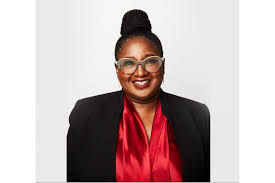
In 2001, I traveled to Durban, South Africa, to participate in the United Nations World Conference Against Racism, Racial Discrimination, Xenophobia, and Related Intolerance. My role was to lobby government officials and ensure that the language of Racism as a Determinant of Health was included in the final declaration. It was, and for a brief moment, we believed that this work would positively impact the health outcomes for Black people globally. The Durban Declaration and Programme of Action raised global consciousness about the impact of slavery and colonialism, its varied consequences, and the need for reparations for Black people and their communities. The process also contributed to a substantive advancement in the promotion and protection of the rights of Black people. Still, despite this significant advancement in the acknowledgment of the impact of systemic anti-Black racism, Black people experience racism and racial discrimination, both direct and indirect, manifested in inequality and disadvantage in all societal systems. This is particularly visible in nations where Black communities are minoritized.
Fast forward to 2015, when the UN proclaimed that the next decade would be identified as the United Nations International Decade for People of African Descent. During this decade, member states would recognize that people of African descent represent a distinct group whose human rights must be promoted and protected. 23 years after the Durban declaration, we find ourselves in 2024, marking the end of a UN decade that was dedicated to addressing the historical and contemporary human rights violations of Black people globally and see that very little has been accomplished in the elimination of systemic anti-Black racism. During the decade, Black communities globally saw the rise of violent anti-Black racism, most notably the murder of George Floyd in the United States and Andrew Loko in Canada. We watched Black communities bear the most significant burden during the COVID-19 pandemic, with anti-Black racism as a determinant of health resulting in the most blatant detrimental health outcomes for Black communities.
So now, as we turn our attention to addressing the SDGs, we must ask how Black communities must be centered, resourced, and protected as we focus on the targets set by the UN. Anti-Black racism constrains the choices one has at their disposal to address the SDGs. For example, SDG 3, Good Health and Well-being for all, cannot be achieved under the weight of anti-Black racism. Black communities in Canada have the highest rates of stress-related illness due to the anti-Black racism they experience[1]. Black communities in Toronto experienced the highest rates of COVID-19, hospitalization, and death[2]. Despite this clear disparity, no strategies or significant resources were developed to support this community during the pandemic. Timely access to vaccinations was not addressed, nor has post-COVID recovery and planning been prioritized for this community. SDG 10 strives to reduce such inequalities, but this will not be achieved without a clear plan to address how anti-Black racism creates disparities in all societal systems in Canada, of which most are fatal. For example, a Black resident of Toronto cannot be guaranteed safety and protection when you are 22 times more likely to be killed by a Toronto police officer than any other citizen[3]. The inability of our society to address anti-Black racism at the systemic level will not allow Canada to honor its commitment to the SDGs. As long as Black communities are not prioritized and left out of leading in the creation of solutions, there will continue to be a problem for all.
[1] https://www150.statcan.gc.ca/n1/pub/82-003-x/2023002/article/00001-eng.htm#fn
[2] https://blackhealthalliance.ca/wp-content/uploads/Perspectives-on-Health-Well-Being-in-Black-Communities-in-Toronto-Experiences-through-COVID-19.pdf
[3] https://www.ohrc.on.ca/en/disparate-impact-second-interim-report-inquiry-racial-profiling-and-racial-discrimination-black

